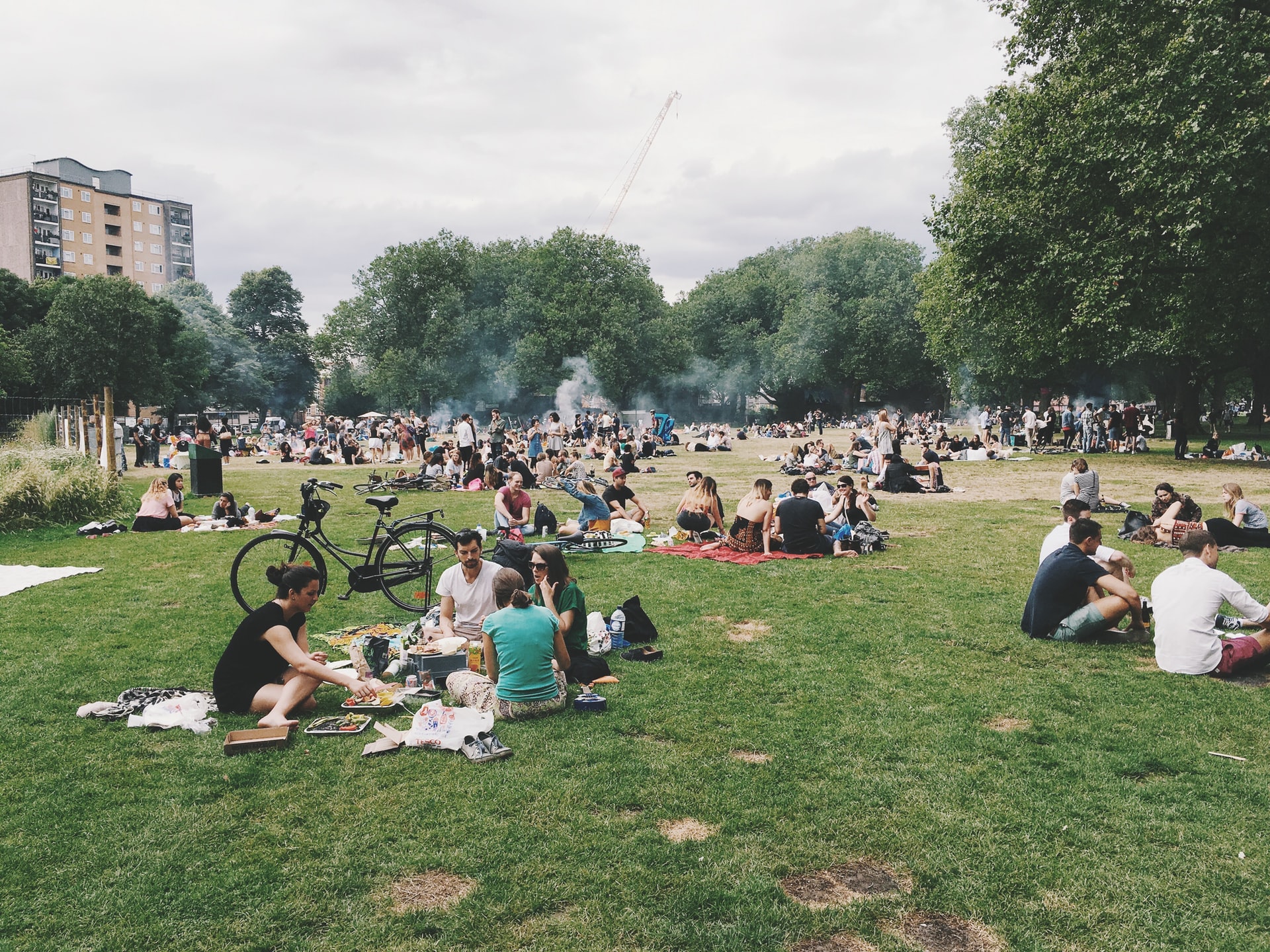
Did you at any point consider what fulfills a general public? Is a cheerful society brimming with residents who center around their own bliss, individuals whose joy then, at that point, gushes out over to others around them? Or then again, perhaps, a glad society is made out of residents who are touchy to individuals around them, along these lines fulfilling others.
In looking for the solution to the topic of glad social orders, my partners and I began from the perception that various cross country studies show that independence predicts cultural satisfaction. That is, social orders that underlie people’s necessities and objectives over those of the gathering will more often than not be more joyful. In any case, it has been indistinct why individuals from individualistic social orders report higher bliss. One could presume that zeroing in on oneself and one’s own objectives as individualistic individuals do-advances cultural satisfaction. However, our examination challenges this end.
We broke down information from north of 100,000 people gathered across in excess of 90 nations. We observed that cultural joy is higher in those individualistic social orders where four explicit mentalities are exceptionally supported: resilience, trust, municipal commitment, and non-realism. The relationship between these mentalities and satisfaction was exceptionally solid and was obtained in any event, when different variables, for example, abundance of the general public were considered.
However, what do resistance, trust, urban commitment, and non-realism share practically speaking? For what reason are social orders in which these four mentalities are well known more joyful? The straightforward response is by all accounts that every one of these four mentalities benefits others. Being open minded clearly helps individuals around us. Moreover, believing outsiders benefits others. Our own municipal commitment might bring us individual advantages, yet it likewise helps others and further develops society all in all. Furthermore, being non-materialistic additionally makes individuals less centered around gathering cash and assets and more centered around other significant issues.
These four mentalities can be considered as the “open society” perspectives, in recognition of scholar Karl Popper, who pushed the upsides of resistance, trust, city commitment and non-realism for keeping an open, majority rule society. Popper’s proposals appear to make social orders more open, yet in addition more joyful.
Strangely, albeit these four “open society” mentalities benefit society in general, they don’t significantly advance individuals’ singular fulfillment straightforwardly. Individuals who support “open society” perspectives are not impressively more happy with life than individuals who are biased, dubious, uninvolved in metro issues, and materialistic.
To make a cheerful society, we want to embrace perspectives that benefit individuals around us regardless of whether they straightforwardly benefit us actually. Satisfaction doesn’t return to us through “karma” when we act well-it returns in a roundabout way when individuals around us share mentalities that benefit others. So, the most joyful social orders are those wherein individuals hold and show mentalities that benefit others.
The way that cultural bliss depends on the impacts of our other-helping mentalities has significant functional ramifications. The immediate advantages to individuals who take on the open society mentalities are extremely feeble, if present by any means. Consequently, on the off chance that we wish to upgrade cultural satisfaction, motivators to take on these mentalities should be arranged by administering bodies, global and neighborhood associations, and everyone who wants a more joyful society.
At long last, albeit the open society perspectives emerge in social orders that underscore independence, in numerous ways, these qualities are very collectivistic. We should recall that even in individualistic societies, the nature of the general public relies upon how we treat one another.